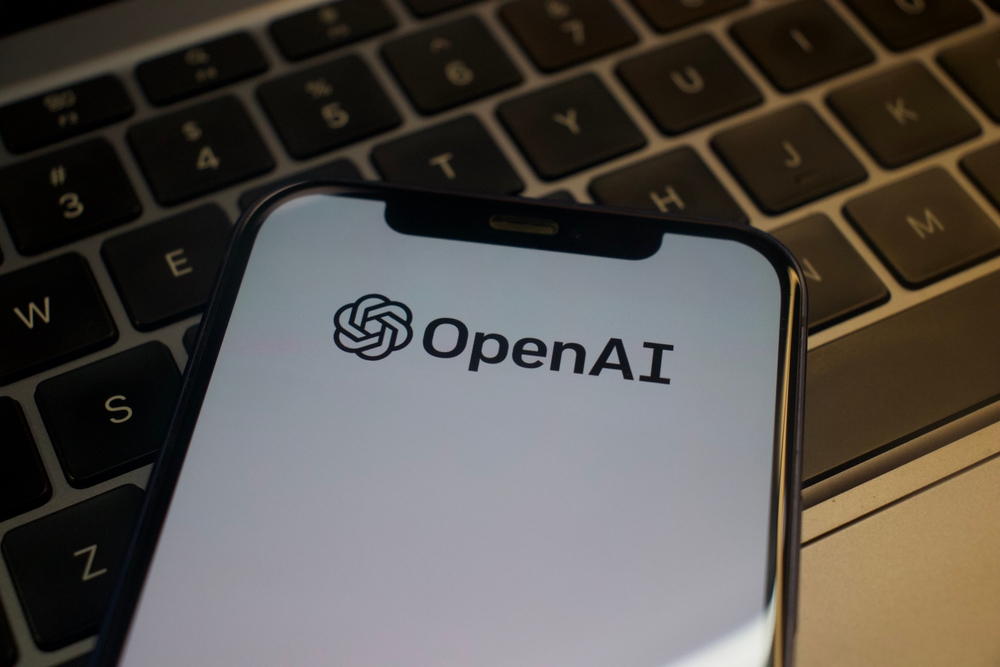Microsoft and Apple have relinquished their observer seats on the board of directors at OpenAI, whose emergence has attracted unwanted attention from regulators on both sides of the Atlantic. Microsoft stated that it was no longer needed because the startup’s management had significantly improved over the past eight months.

Apple, which announced in June the introduction of the ChatGPT chatbot into its devices, will also not take an observer’s seat on the company’s board of directors, although this was expected, according to the Financial Times, citing its own source. An OpenAI spokesperson said the company would forge a new approach to interacting with other players, including partners like Microsoft and Apple and investors like Thrive Capital and Khosla Ventures.
Regulatory Concerns and New Partnerships
Microsoft added a non-voting observer to OpenAI’s board of directors last November following the brief ouster of Sam Altman as the company’s CEO. A Microsoft representative could attend OpenAI board meetings and had access to confidential information but did not have the right to vote on issues such as the selection or appointment of directors.
The watchdog position and investment of more than $10 billion have raised concerns among regulators in the UK, EU, and US about the corporation’s control over the startup. Microsoft declined the observer seat, citing new partnership arrangements with OpenAI, innovation, and customer base growth since Altman’s return as CEO. “Over the past eight months, we have seen significant progress from the newly formed board of directors and are confident in the right direction of the company. Given all this, we no longer believe that our limited observer role is necessary,” reads the letter Microsoft sent to OpenAI.
Future Interactions and Regulatory Outlook
In June, the European Commission found that the relationship between Microsoft and OpenAI could not be regulated by local rules on mergers and acquisitions, as there was no evidence that the corporation controls the startup. However, the department will hold consultations with third parties on the issue of the exclusive nature of interaction between the two entities. British and American regulators, however, are not yet confident in OpenAI’s independence, notes NIXSolutions.
Microsoft and OpenAI, in an effort to prove the opposite, are increasingly competing with each other in the field of technology solutions for corporate clients. Microsoft has also expanded its artificial intelligence offerings on Azure infrastructure and hired Inflection’s CEO as head of consumer AI in what is seen as an attempt to diversify beyond OpenAI solutions. We’ll keep you updated on any further developments in this evolving story.
